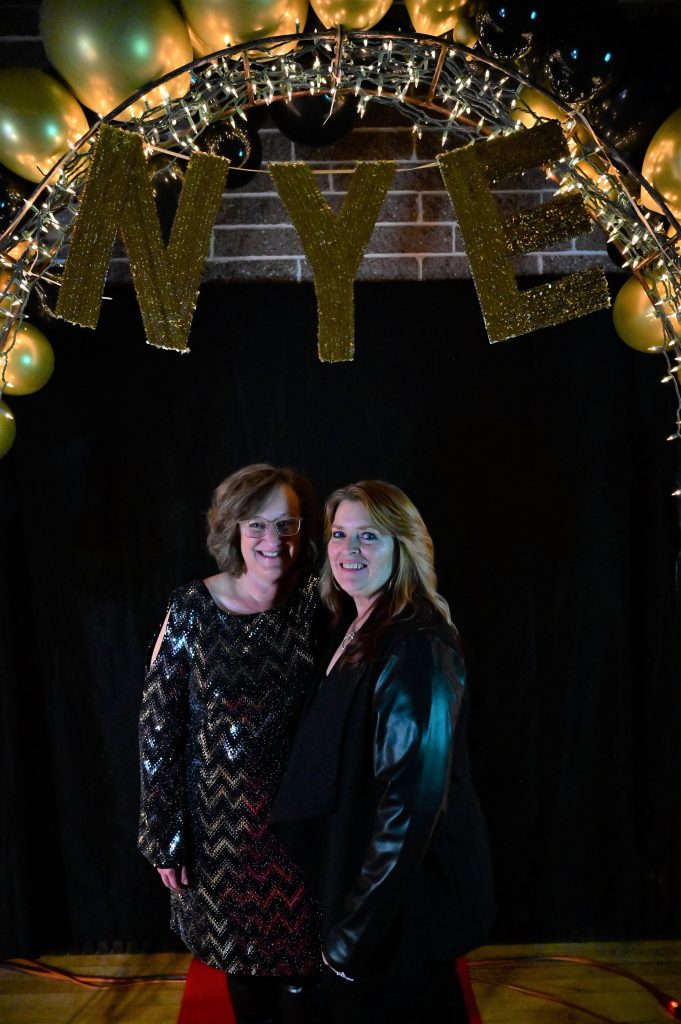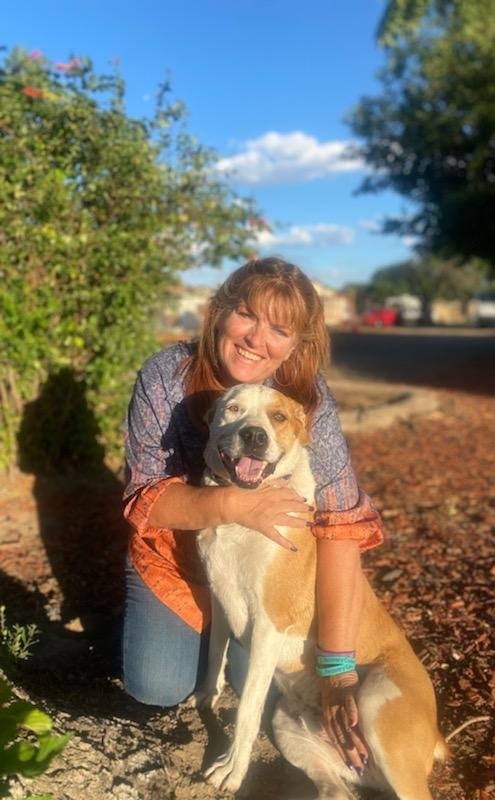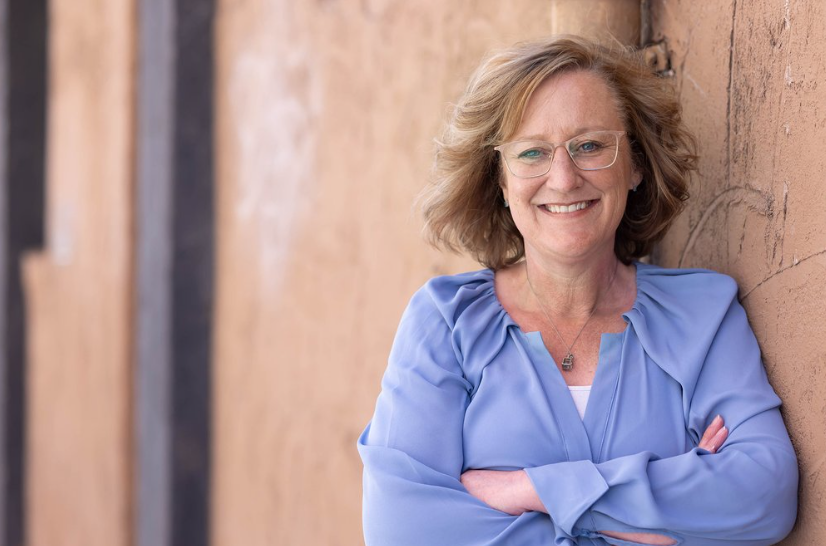Expanding Peer Support and Recovery Visibility in Mesa County
Written by Hannah Groves of Trailhead Institute, made possible by the shared knowledge, expertise and work of Jackie Sievers, Regional Health Connector (RHC) in Region 19, Angie Bertrand, Executive Director of Peer 180 Recovery Community Organization, and partnership of Quality Health Network (QHN).
In Mesa County, a powerful collaboration is changing the landscape and visibility of recovery efforts to support people with behavioral health and substance use disorder (SUD) issues. Jackie Sievers (RHC and Director of Community Recourse Network Implementation, Region 19) and Angie Bertrand (Executive Director, Peer 180 RCO (Recovery Community Organization)) have partnered to tackle a local problem: a significant number of people in Grand Junction and Mesa County are presenting to local emergency departments with substance use issues, in particular alcohol use. To address this identified need, QHN and Peer 180 are bringing together their combined expertise and resources to help place peer recovery coaches in emergency departments as a collaborative solution.

Pictured: Jackie (left) and Angie (right) at Peer 180 RCO’s Ringin’ in Recovery 2022 New Year’s Eve Party
Hover your mouse over the boxes below to read more about the project summary.
Area of Focus
Intervention
Population of Focus
People presenting to the Emergency Department for SUD, especially alcohol
Identified Gap
Overuse of Emergency Departments for behavioral health and SUD issues
Proposed Solution
Support Peer 180 to place Peer Recovery Coaches in Emergency Departments (ED) to link people in the ED with immediate support and resources regarding recovery programs to reduce future use of the ED for SUD issues
Angie emphasizes that recovery from SUDs is an important and distinct process, separate from substance use treatment. Both treatment and recovery are important components of a person’s journey but they often get lumped together in policy and funding opportunities. Peer 180 RCO aids recovery through providing trained recovery coaches with lived experience, meeting people where they are at, and serving as holistic health connectors and guides to community resources. The folks at Peer 180 RCO, including Angie herself, are no strangers to recovery from substance use.

Picture Above: Angie Bertrand, Executive Director of Peer 180 RCO
“If you have been in the difficulties of substance use disorders, you have a unique perspective that you really can’t get from a person that’s a physician, or a person that might be a counselor that hasn’t actually been there, there’s definitely a different perspective. What we find is, at least initially, being able to interact with someone on that person-to-person, I have been there, I understand the inside stuff that’s going on with you and I can help hold your hand and move you through that because I’ve done it – and moved from active addiction to a good life of recovery.” — Angie Bertrand, Peer 180 RCO
Peer 180’s commitment to holistically supporting people’s recovery journey leaves their team little time to collect data, apply for grants, and other administrative functions. RHC Jackie Sievers stepped in to fill this gap, noting that assembling resources to lift up community organizations is a core strength of the Regional Health Connector program. Through the RHC’s Behavioral Health Recovery Act (BHRA) project, Jackie was able to leverage QHN’s expertise in data, analytics, and technology to assist Peer 180 RCO in conducting a needs assessment utilizing all available data from Mesa County through QHN’s health information exchange. For Jackie and the team at QHN, conducting this needs assessment in collaboration with Peer 180 RCO was a powerful merging of their technical health network expertise and local knowledge of the Grand Junction area. Most significantly, the data scan conducted by QHN validated the intuitive knowledge and lived experience held by Angie and Peer 180’s recovery coaches, bringing statistical awareness to gaps in needs and priority populations presenting with SUDs in emergency departments. Together, they are working on an action plan and applying for additional grant funding utilizing the needs assessment conducted by QHN to bring this project to fruition. Both Jackie and Angie acknowledge how critical this collaboration was for both organizations.
“With a limited scope, I thought about where we could make the biggest impact with these limited dollars and hours. What we have to offer as an organization is unique to non-profits. We lift up organizations we work with. We do that through information, data, analytics, and technology. I thought, ‘Who better to offer that to a group that has proven themselves relevant, but is still struggling?’ I thought it was a beautiful marriage in that way.” — Jackie Sievers, Regional Health Connector in Region 19

Pictured Above: Jackie Sievers, RHC in Region 19
In addition to leveraging data to further support peer recovery efforts and advocate for dedicated funding, both Angie and Jackie emphasize the power of visibility in recovery. There is significant stigma associated with SUDs which can inhibit people seeking treatment, recovery, and support. As someone who has been in recovery for over four decades and has worked in the recovery space for nearly as long, Angie has seen a positive shift in recovery visibility. More and more people are comfortable sharing that they are in recovery and shedding the anonymity and stigma that can cloak recovery efforts and visibility in communities. With more visibility comes more people, more power, and greater advocacy efforts to make systems-level change and garner resources specific to recovery.
“People that have been in recovery for a period of time start recognizing the importance of reducing the stigma and advocating for themselves… I am the voice and face of recovery, I’m not ashamed.” — Angie Bertrand, Peer 180 RCO
While visibility of and resources for recovery have been increasing, there is still work to be done in Colorado to reduce the impact of SUDs, including in Mesa County. As Jackie and Angie acknowledge, SUDs continue to cause a significant toll in the community, both economically and socially. Individuals seeking treatment, recovery, and mental health support – and their loved ones – deserve access to the full spectrum of services to promote their wellbeing. Jackie and Angie advocate that funding peer recovery efforts in communities, and especially expanding services in places where people present with SUDs, can help reduce healthcare costs, defer folks from emergency departments and the criminal justice system, and ultimately support healthier individuals, families, and communities. This lived experience is supported by peer recovery research cited by the Substance Abuse and Mental Health Services Administration (SAMHSA) which also indicates that peer recovery holds promising benefits to individuals, families and systems impacted by SUD. In their Value of Peers, 2017 infographic, SAMHSA shares that in addition to creating a sense of mutuality that promotes connection and inspires hope among those with SUD, peer recovery supports may also promote increased self-esteem and self-confidence; improved relationships with treatment providers and overall satisfaction with treatment experience; increased social support and social functioning; greater housing stability; decreased criminal justice involvement and emergency service utilization; and reduced rates of relapse, substance use, and re-hospitalization (SAMHSA, 2017). Having observed many of these positive impacts from peer support firsthand, Jackie and Angie’s BHRA project is just one example of what an evidence-based strategy to support SUD recovery looks like. They both have visions of a future with even greater community supports for people in recovery, including connections to social needs and wrap-around services.
Jackie’s vision is to continue to leverage her role as an RHC to be an active participant in positioning organizations like Peer 180 RCO to be ready to grow as funding and opportunities are secured. She sees care coordination as a driving force in behavioral health and healthcare, and many local organizations just need the skills, connections, and expertise of Jackie and the technology experts at QHN to take that next step. As for Angie and her dreams for Peer 180 RCO, she envisions the RCO to grow into a Recovery Community Center. This includes more wraparound services, a larger building for gathering community, and being able to reach more people.
The partnership between QHN and Peer 180 demonstrates how connection and collaboration can create visibility for people in recovery and help destigmatize the recovery process. This BHRA project puts the data and opportunities in the hands of passionate people with lived experience, who no longer want to remain in the shadows. Jackie sums up what’s next for the dynamic partnership between Peer 180 RCO and QHN:
“We can now know who are people in recovery or who are people seeking recovery in a different way. Because of that, we can go deeper on the next run of data that we do. We can start saying, ‘Where are the people in our community who need help? Are there disproportionate rates with ethnicity, gender, and age?’ Again, we know anecdotally, but soon we will have data to back that up and that starts to change policy and practice.” — Jackie Sievers, Regional Health Connector in Region 19
With Gratitude To
Quality Health Network (QHN)
This work would not be possible without the partnership and collaboration of Quality Health Network as the host organization for the Regional Health Connector position in Region 19. QHN’s award-winning health information exchange (HIE) helps medical and behavioral health providers in western Colorado securely share patient data that enhances care coordination, reduces duplication of services and identifies individuals at risk so that efforts can be focused where they are needed most.


